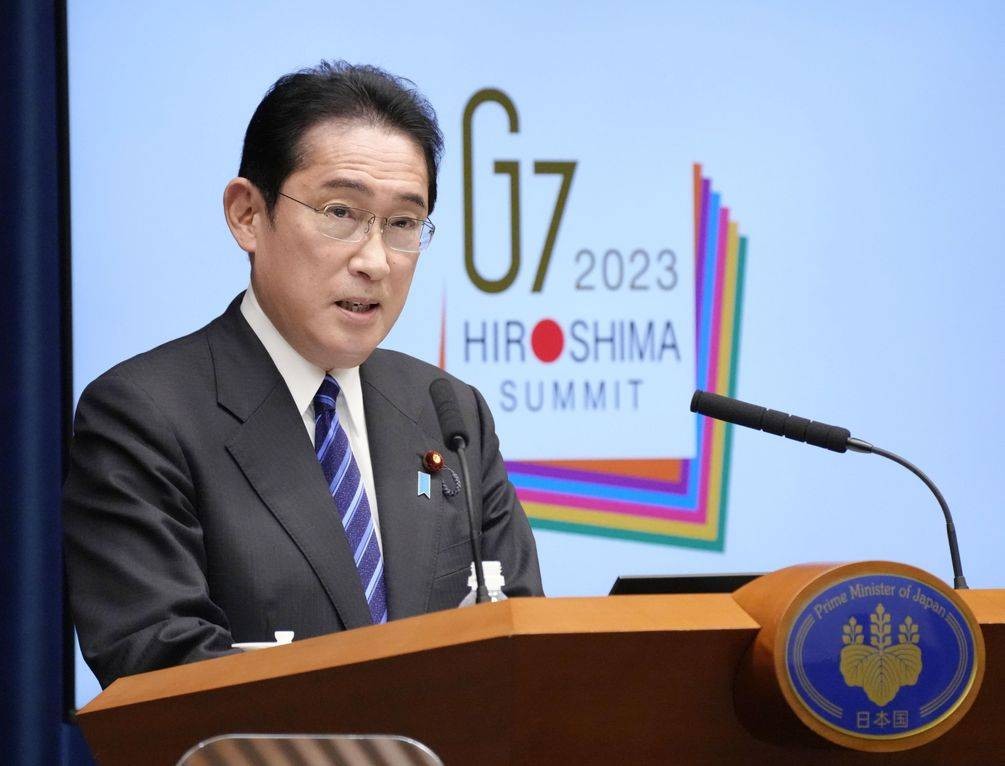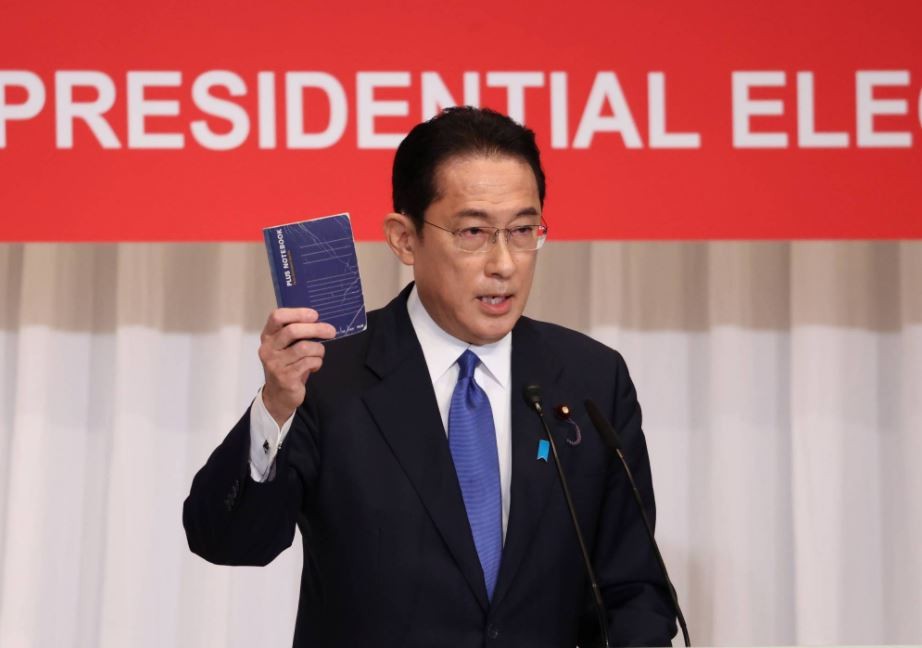Who is Fumio Kishida, Japan’s Likely Next Prime Minister?
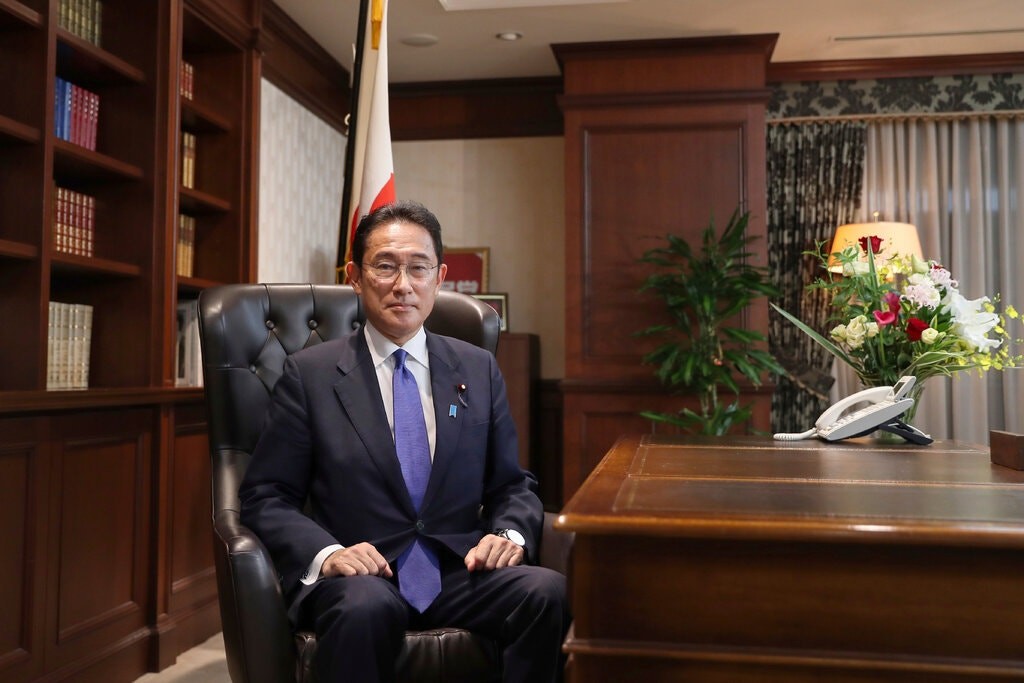 |
| Fumio Kishida at the headquarters of the Liberal Democratic Party. Photo: NYT |
Kishida will be Japan’s third prime minister in just over a year, replacing the deeply unpopular Yoshihide Suga, whose fortunes began to fall after he followed Shinzo Abe into the prime minister’s office last September, Conversation reported.
In a surprise result, Kishida, a former foreign minister, narrowly beat his main rival, Taro Kono, the popular vaccine minister, 256–255 in the first round of voting by party members. The two female candidates, ultra-nationalist Sanae Takaichi and liberal Seiko Noda, meanwhile, were eliminated.
In the second round of voting, which is dominated by the LDP’s members in the Diet (Japan’s parliament), Takaichi’s supporters, with the backing of Abe, threw their weight behind Kishida and secured his election.
Kishida Fumio’s Early Life
The mild-mannered Kishida, 64, comes from a family of parliamentarians — both his grandfather and father were members in the Diet.
As a child, Kishida spent three years in New York when his father was posted to the US as a senior trade ministry official, where he attended public school in Queens.
His classmates included children of many backgrounds — white, Korean, Indian and Native American — but he sometimes felt the sting of racial discrimination. In his book “Kishida Vision,” published last year, Mr. Kishida described a time in 1965 when a white classmate refused to hold his hand as instructed by a teacher on a field trip.
Still, he came to admire the United States, finding it remarkable that students of varied backgrounds “respected the national flag and sang the anthem together in the morning, said New York Times.
“The U.S. was an enemy of Japan during the war and the nation that dropped the nuclear bomb on Hiroshima,” he wrote. “But I was young, and to me, the U.S. was nothing but a country that was generous-hearted and filled with diversity.”
 |
| Fumio Kishida, second from the right in the back row, in a class photo at the elementary school he attended in Elmhurst, Queens. Photo: The Office of Fumio Kishida. |
A baseball fan — he supports the Hiroshima Carp, his hometown team — he was an infielder on his high school team and an average student, failing a law school entrance exam three times. When he said he was interested in politics, his father tried to push him down another path, warning that “there’s nothing sweet about the political world.” But after a stint in banking, Mr. Kishida got his first political job, as his father’s secretary.
After graduating from prestigious Waseda University in Tokyo, Kishida had a short stint in banking before becoming a member of the House of Representatives in 1993.
Kishida Fumio: Wife and Family
A third-generation politician, Kishida was first elected in 1993 and is a ninth-term member of the House of Representatives.
Known to enjoy a drink and an avid fan of the Hiroshima Carp professional baseball team, Kishida lives with his wife and two sons in Tokyo and is responsible for dish-washing and cleaning the bathroom in the family home.
Fumio Kishida has effectively written himself out of the race to become the new leader of Japan’s ruling party after sharing an “anachronistic” photo of his wife on Twitter in 2020, critics said.
The image, posted on, shows the politician seated in a suit and tie as his wife serves him a meal in an apron, with Kishida saying he was grateful she had travelled from his hometown 800km away to support him in Tokyo.
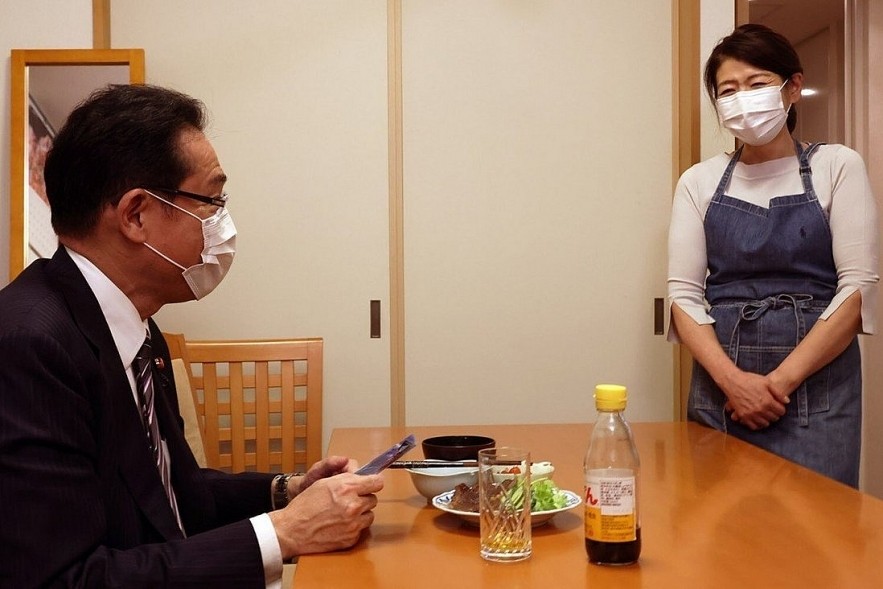 | |
|
Rise Through the Ranks
As Japan’s longest-serving, post-war foreign minister in Abe’s government from 2012–17, Kishida helped arrange US President Barack Obama’s historic visit to Hiroshima Peace Memorial Park in 2016.
Despite representing Hiroshima in parliament, he defended Japan’s policy of remaining out of the Treaty on the Prohibition of Nuclear Weapons, citing the need to rely on the extended nuclear deterrence of Japan’s ally, the US.
After Kono replaced him as foreign minister, Kishida was briefly defence minister, and then took the post of LDP policy chief.
As a leader of one of the LDP’s powerful factions, which were instrumental to his victory in the leadership vote, Kishida is perceived as more able to build consensus than the headstrong Kono.
Unlike Kono and his similarly abstinent predecessors Abe and Suga, Kishida does enjoy a drink, having once reportedly challenged Russian Foreign Minister Sergey Lavrov to a drinking contest of vodka and sake.
Critics say Kishida is too indecisive, which could leave him open to influence by the party’s faction chiefs, particularly those from Abe’s more hardline nationalist group.
This could result in a push to alter Japan’s constitution to allow a more belligerent defence policy and further delay reforms to gender equality, which would go against the majority of public opinion.
Challenges Facing Fumio Kishida as New Prime Minister
In a speech following his victory, Kishida said he will "start running at full speed" to work toward "a bright future for Japan."
As reported by CNN, Kishida will inherit a Japan that has suffered surging Covid-19 infections, with numerous states of emergency, and rising frustration among businesses over a pathway out of the pandemic.
A moderate liberal regarded as a stabilizing hand, he will also steer Japan's foreign and domestic policy, defining relations with China, the United States and other regional partners, and will shape the country's stance on defense, the economy and social issues.
"Japan's national crisis will continue. We must continue our efforts with the desperate determination to take measures against Covid-19," Kishida said in his speech Wednesday.
"In addition, we must firmly develop economies of scale of several tens of trillions by the end of the year," he added. "Beyond that, there are many important issues related to Japan's future, such as new capitalism, the realization of a free and open Indo-Pacific, and measures against the declining birthrate."
During campaigning, candidates were split on key issues such as Covid-19 restrictions, gay marriage, renewable energy, the economy and security. It was also the first time the LDP elections have fielded multiple female candidates -- rare in a country where women are vastly underrepresented in politics, with just 14% of parliamentary seats occupied by women.
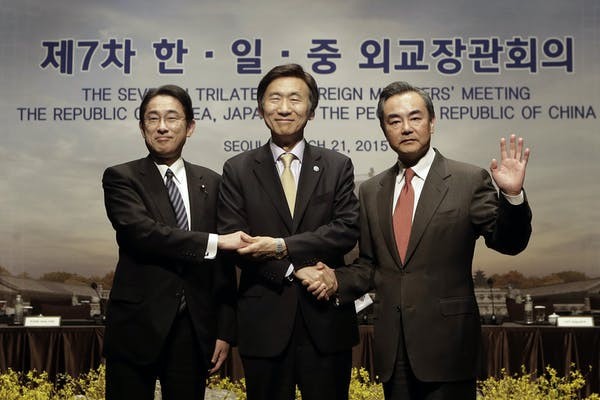 |
| Kishida (left) meeting his foreign minister counterparts from South Korea and China in 2015. Photo: AP |
Kishida served as the country's foreign minister from 2012 to 2017, under Japan's longest-serving Prime Minister, Shinzo Abe.
Abe, whose second term lasted for eight years, stepped down last September due to health issues.
Suga assumed the top role but announced earlier this month he would not run in his party's leadership election following a turbulent term marked by a slump in public support as he struggled to contain the coronavirus.
Analysts say Kishida is seen as a consensus builder who represents stability. This was his second bid to become LDP leader.
"Japanese people think about stability and preventing radical change. Kishida represents (sustainability) and stability," said Stephen Nagy, professor of international relations at Tokyo's International Christian University, adding that Japanese CEOs see Kishida as the more favorable choice.
Kishida campaigned on narrowing the income gap, saying the eponymous economic policies of Abe -- known as "Abenomics" -- failed to "trickle down" from the rich to the poor. He has said nuclear energy should be considered as a clean energy option, and proposed a hefty economic recovery package.
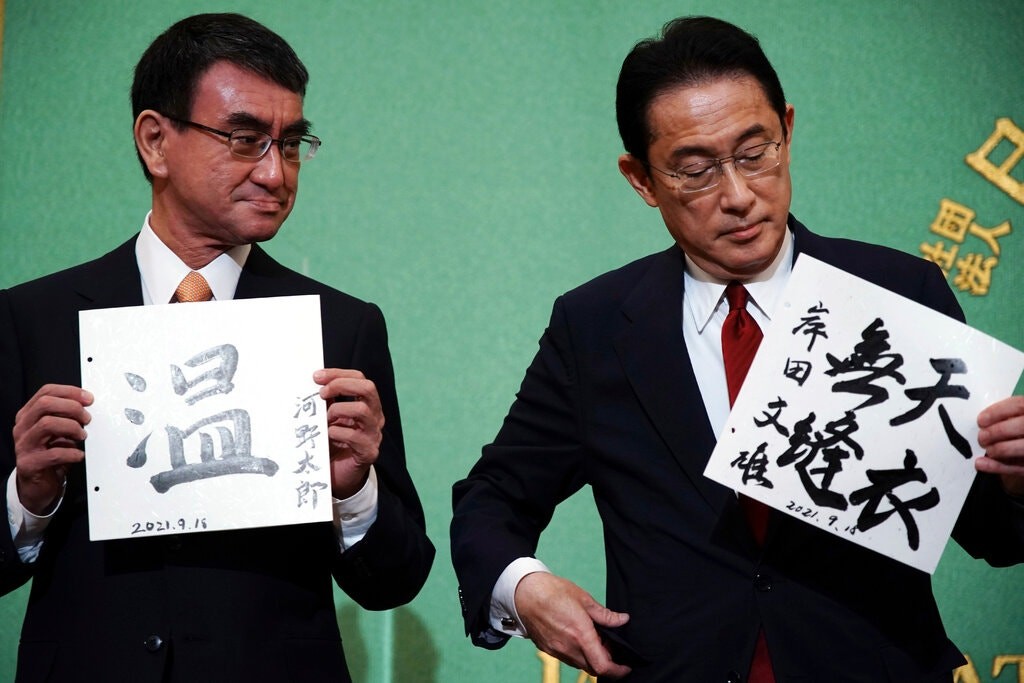 |
| Taro Kono, the cabinet minister in charge of vaccinations, left, with Mr. Kishida before a debate in Tokyo this month. Photo: NYT |
Questions Remain for the Future
Analysts say the question now is whether Kishida will be a lasting leader, or whether Japan will return to a period of political instability similar to that of the pre-Abe era.
"Whether you like Abe or not, he had eight years in power to refine policies. We saw some positive changes in terms of corporate governance, women in the economy, migration policy, but it's because they were pushed through over time," Nagy said. "Will this be a revolving door of premiership, or will this be a leader in power for four to five years that can make all those changes?"
Kishida won the runoff against Kono, 58, Japan's popular vaccine minister who has also served as the country's foreign and defense minister.
Though historic that two women candidates -- Takiichi, 60, and Noda, 61 -- ran in the LDP elections, neither garnered enough support to become Japan's first female Prime Minister.
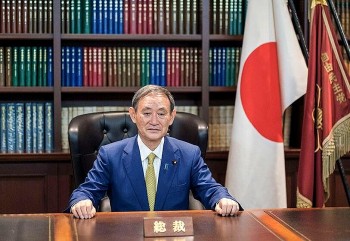 | Prime Minister of Japan Yoshihide Suga: Biography, Early Life, Career and Facts Yoshihide Suga, who was elected Japan's prime minister by parliament in Sept, 2020, has kept a low profile for much of his career. Below, we ... |
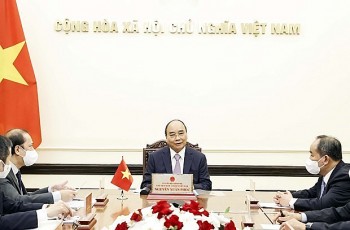 | Vietnam to Continue to Support Japanese Firms Maintain Supply Chains President Nguyen Xuan Phuc held phone talks with Japanese Prime Minister Suga Yoshihide on Sep.15, stressing that Vietnam will continue to accompany Japanese firms doing ... |
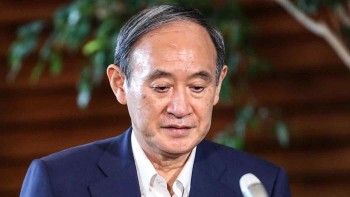 | Japan’s Prime Minister Yoshihide Suga to Resign This Month Japanese Prime Minister Yoshihide Suga said in a surprise move on September 3 he would step down. |
Recommended
 World
World
"Great Leader": JD Vance Lauds PM Modi During His India Visit
 World
World
Trump’s Tariff Pause: A Strategic Move from “The Art of the Deal”?
 World
World
"Indian Navy's participation in AIKEYME exercise matter of great happiness": Admiral Dinesh Kumar Tripathi
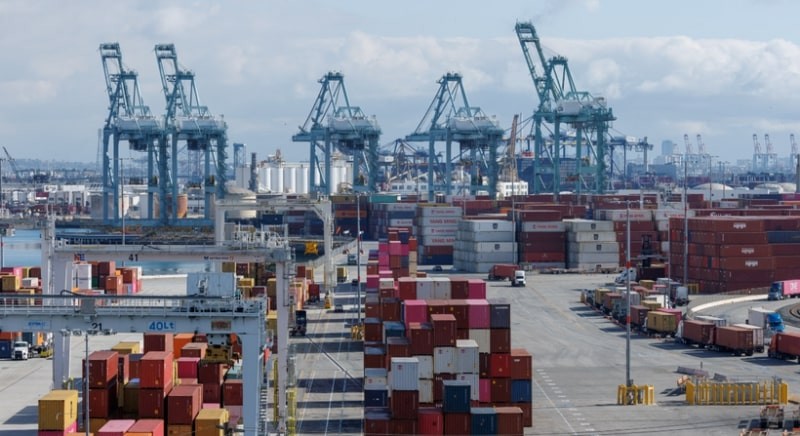 World
World
ASEAN and US Tariff Dilemma: Hybrid Approach to Global Trade Tensions
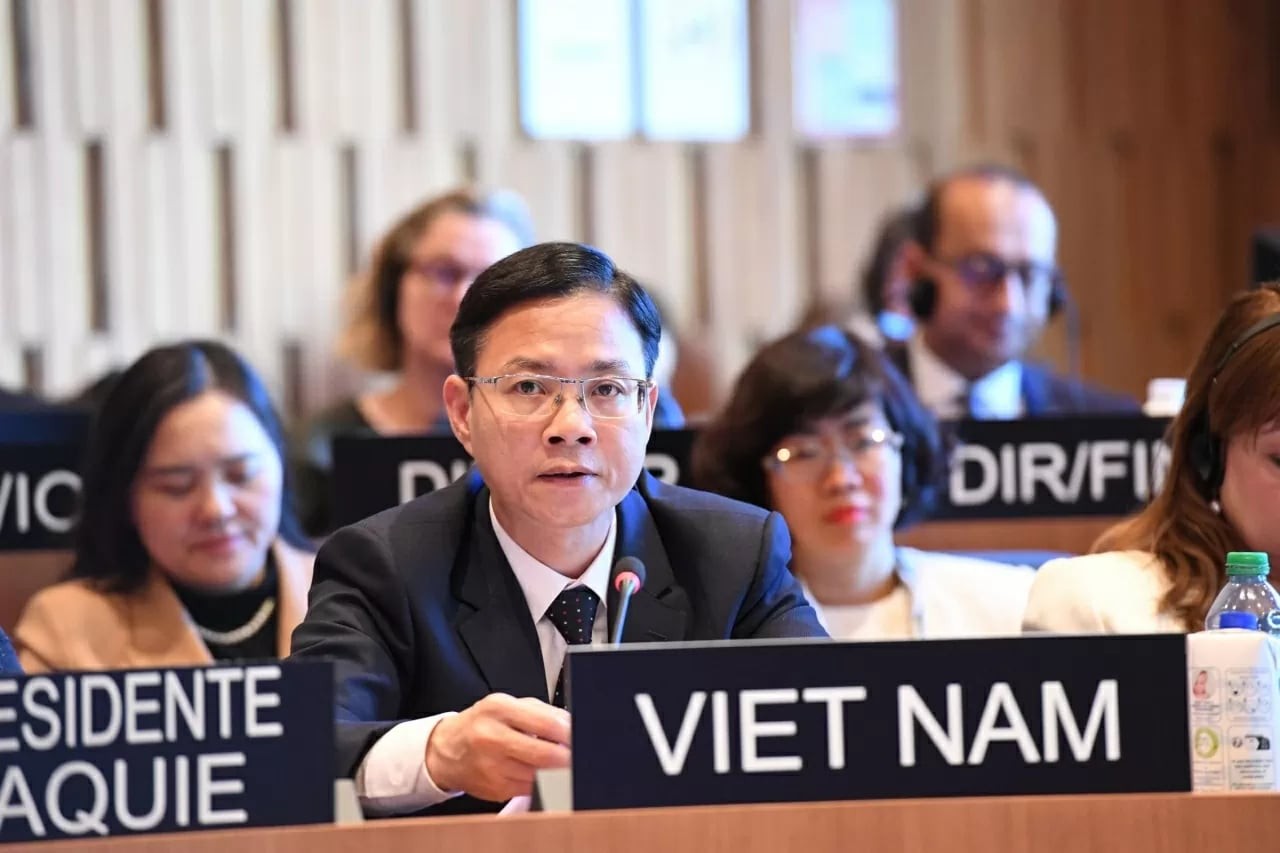 World
World
Vietnam Affirms Its Active and Responsible Role at UNESCO
 World
World
US Imposes 125% Tariff on China, Pauses Tariffs for 90 Days on Over 75 Countries
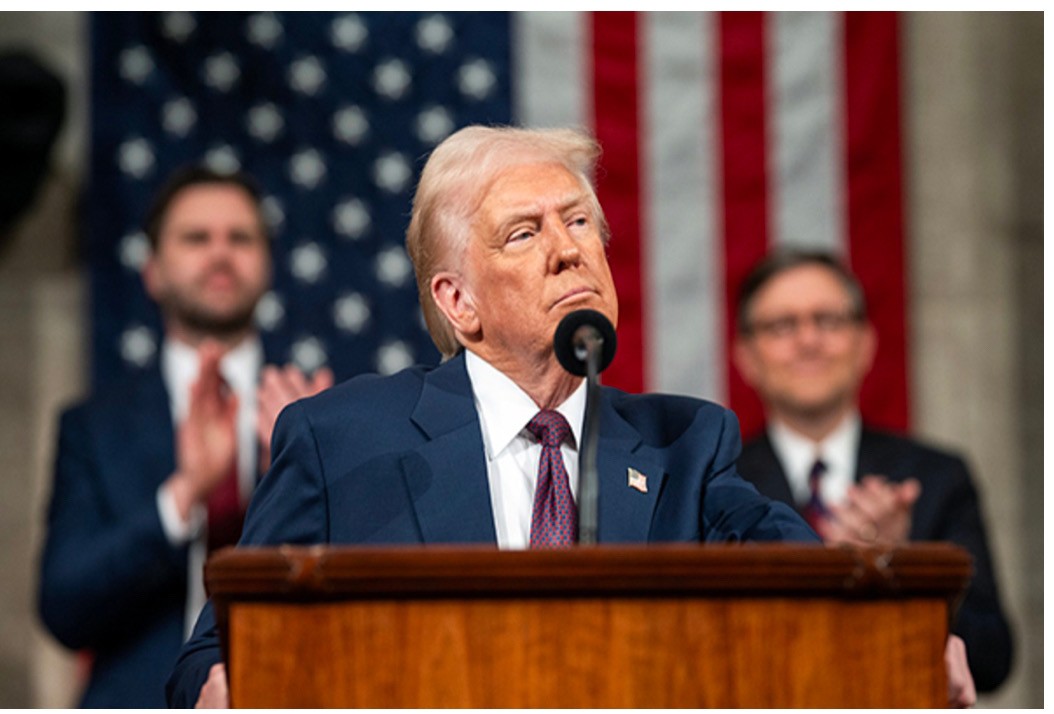 World
World
"Massive financial deficits with China, EU can only be cured with tariffs": Donald Trump
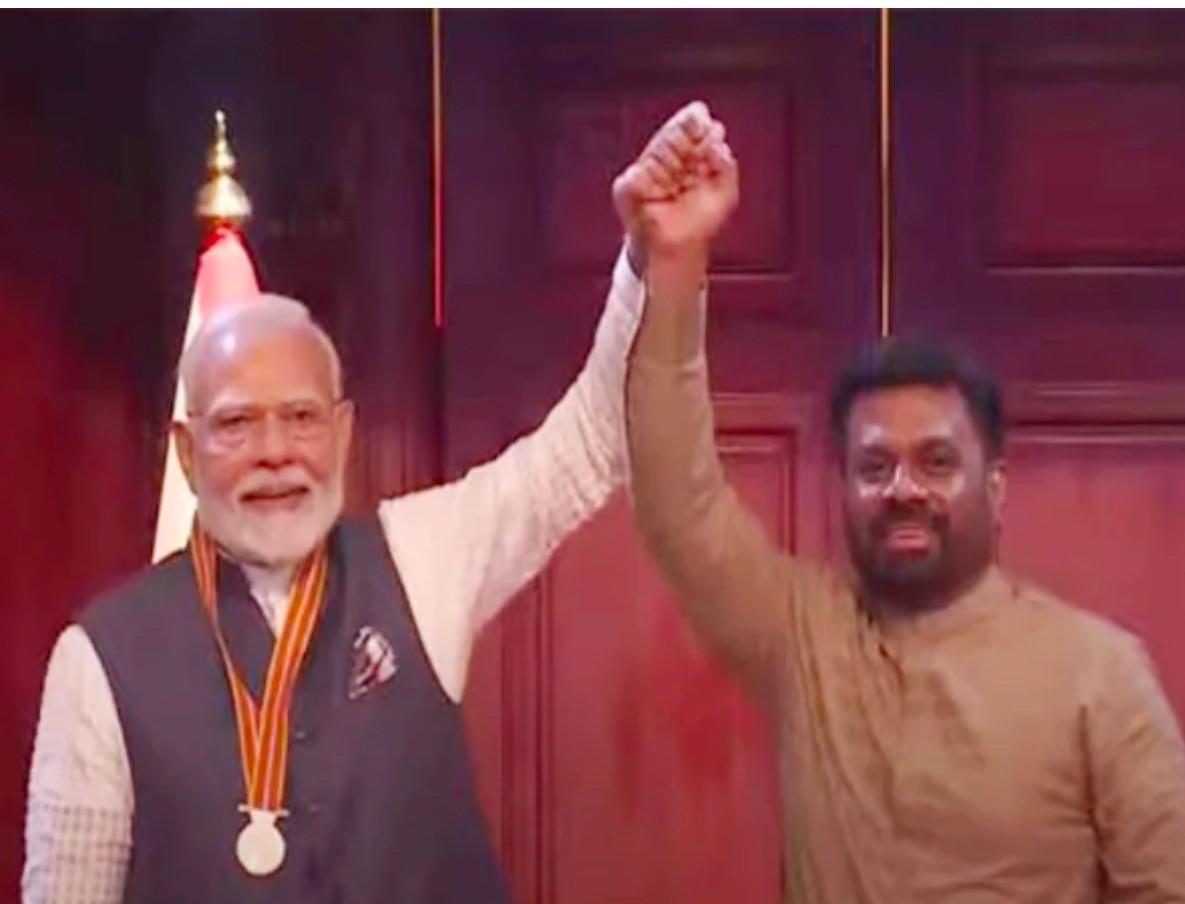 World
World

